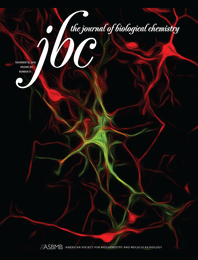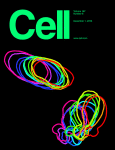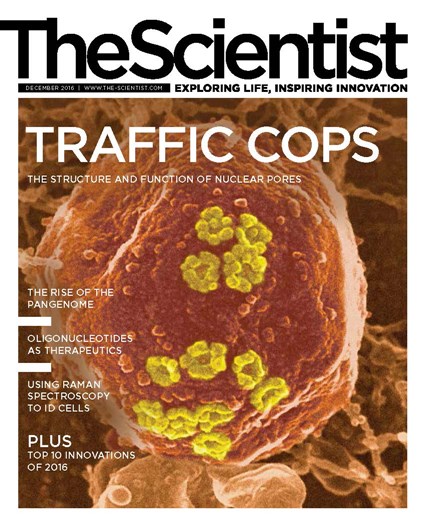
The challenges facing science publishing are ever-evolving, and so too are the recommendations for how to face them. As such, the International Committee of Medical Journal Editors (ICMJE) frequently updates its advice to authors. In December, 2016, it made some notable changes – specifically, asking authors to pay closer attention to where they publish, in order to avoid so-called “predatory” journals, and encouraging more authors to consider “retracting and replacing” a paper with an updated version when the problems stem from honest error (something more journals have been embracing). We spoke with Darren Taichman, Executive Deputy Editor of the Annals of Internal Medicine and Secretary of the ICMJE, about the changes.
Retraction Watch: The first set of recommendations was issued in 1978 — how have they evolved, generally speaking, since then?
 Around two years ago, when mathematics researcher
Around two years ago, when mathematics researcher 

 In November, a vice president at an institution in Taiwan
In November, a vice president at an institution in Taiwan 

 Following a journal probe and questions on PubPeer about their work, authors in Spain have issued four corrections, citing missing raw data for experiments conducted more than 10 years ago.
Following a journal probe and questions on PubPeer about their work, authors in Spain have issued four corrections, citing missing raw data for experiments conducted more than 10 years ago. 2013 probably felt like it was going to be a great year for stem cell biologist
2013 probably felt like it was going to be a great year for stem cell biologist  It’s that time again, when top-10 lists start appearing — and
It’s that time again, when top-10 lists start appearing — and